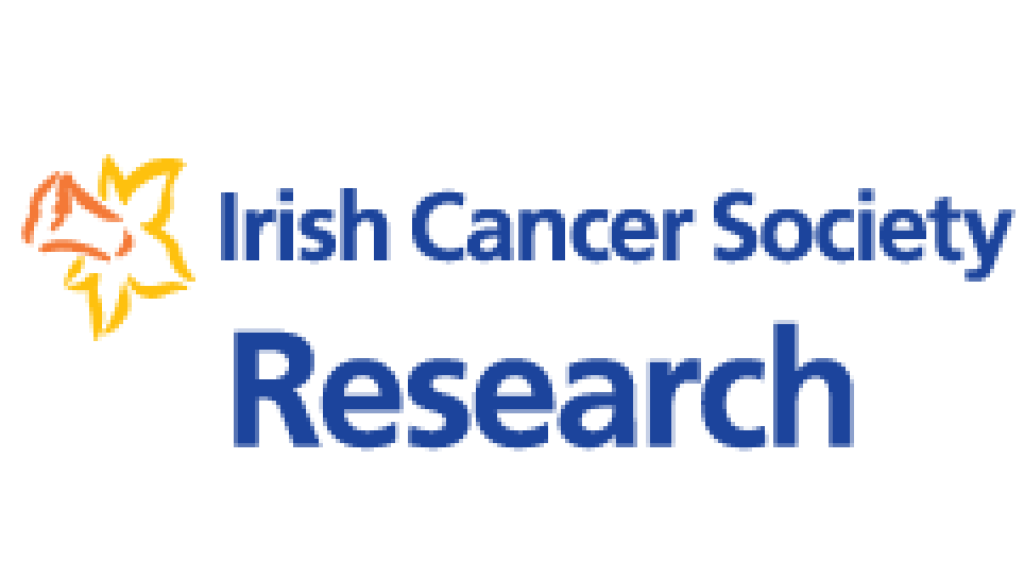
Research funded by the Irish Cancer Society reveals how free radicals are a driving force behind leukaemia tumour cell survival
Research funded by the Irish Cancer Society at University College Cork has revealed a new mechanism to explain how aggressive leukemia cells avoid death and survive in the body, potentially offering a novel target for future therapeutic strategies. The study demonstrates how a critical oncogene or cancer-causing gene (FLT3) in Acute Myeloid Leukemia (AML) drives tumour cell survival by generating reactive oxygen molecules. These reactive molecules provide a crucial link from the oncogene to factors in the leukemia cells, allowing them to multiply in an uncontrolled and aggressive manner.
This significant research is led by Prof. Thomas Cotter and supported by Irish Cancer Society Research Scholar, Joanna Stanicka, and results were presented last week (June 30) for the first time at an international conference on cancer cell death in Singapore and will be published in the peer-reviewed journal, PLoS ONE, in July.
Prof. Cotter’s new research findings are an extension of a larger body of work that has been funded by the Irish Cancer Society since the 1990s. The initial phase of the research investigated how the oncogene causes AML by blocking the ‘suicide gene’ process that naturally kills off cells in the body, so that the cancerous cells can live on almost indefinitely.
The original 1994 paper received rapid publication because of its significance at the time and was highly cited, receiving over 500 international citations.
“We need to understand the molecular mechanism of leukemia in order to develop new and better treatments for patients,” said Prof. Cotter “The Irish Cancer Society funding has been, and continues to be, central to our research at UCC as we search for ways to prevent the oncogene (FLT3) from enhancing the ability of the cancerous tumour to survive in the body, hopefully leading to better treatment strategies for patients in the long-term.”
Acute Myeloid Leukemia is a disease that strikes both children and adults and is a difficult condition to treat. It is a cancer of the immature myeloid cells or blast cells, which are overproduced and crowd bone marrow, preventing it from making healthy blood cells needed by the body, and leading to an increased risk of infection. While AML is not a very common cancer, about 80 people were diagnosed with it in Ireland in 2009.
Head of Research at the Irish Cancer Society, Prof. John Fitzpatrick said, “The Irish Cancer Society has been committed to cancer research in the area of Acute Myeloid Leukemia for over twenty years and today’s results mark an exciting milestone in our journey. We congratulate Prof. Cotter, our Scholar Joanna Stanicka, and the wider research team who are steadily advancing this research and giving hope for affected leukemia patients in Ireland.”
The Irish Cancer Society has contributed more than €30 million to cancer research since 1963. During that period, more than 650 important research findings have been made. For further information on the Irish Cancer Society’s programme or to make a donation, visit www.cancer.ie/research or contact the Irish Cancer Society on Call Save 1850 60 60 60.
